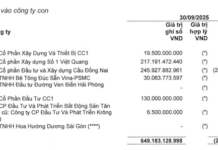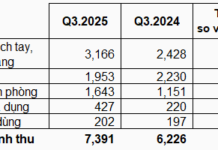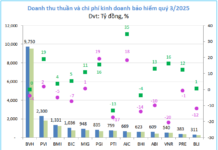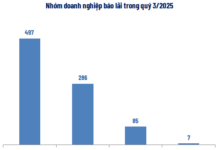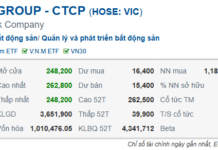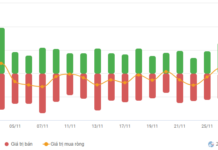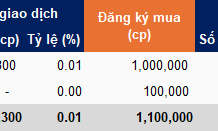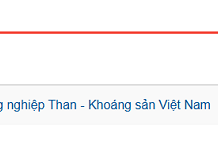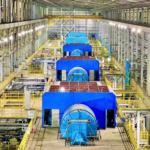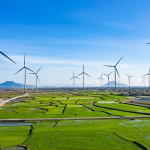Air conditioners are a significant power drain, especially during the hot summer months when usage can reach 8–12 hours a day. However, there’s a simple way to reduce electricity costs without investing in expensive additional equipment: using a fan with your AC. This solution, recommended by energy experts, optimizes cooling and can reduce power consumption by 10–15%.
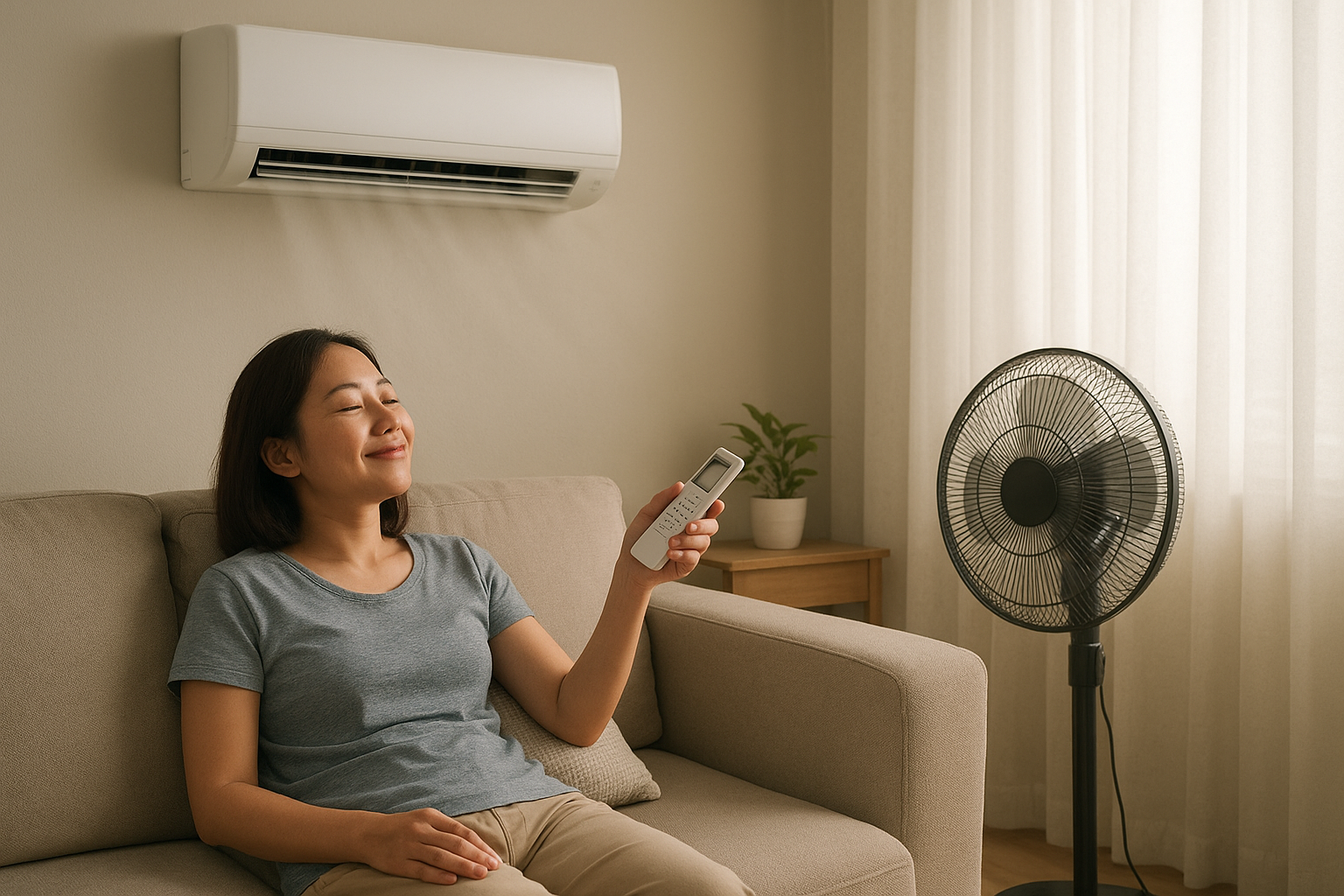
1. How do fans help ACs save energy?
While air conditioners cool the air, they don’t always distribute it evenly. Many households experience discomfort due to cold spots near the AC unit and warm areas in the corners of the room. As a result, people tend to lower the temperature further, leading to increased energy consumption.
Using a fan (ceiling, standing, or desk) improves air circulation and evenly distributes the cool air. This means that even when you raise the AC temperature by 1–2 degrees Celsius, you still feel comfortable. According to calculations, each 1-degree increase can save about 5–7% of electricity. Combining it with a fan can result in savings of up to 10–15%.
2. Actual energy savings
Let’s consider a family of four using a 1.5 HP air conditioner for about 8 hours a day:
If they maintain a temperature of 25 degrees Celsius, their monthly electricity cost could range from 1.1 to 1.2 million VND.
By using a fan to improve air circulation and increasing the AC temperature to 27 degrees Celsius, the cost could be reduced to approximately 950,000–1,000,000 VND per month.
Thus, with a fan consuming only 40–60W (less than 0.5 kWh for 8 hours of use), the family can save around 150,000–200,000 VND per month, equivalent to over 1 million VND for the entire summer.
3. Which type of fan is suitable for use with an AC?
Ceiling fan: Ideal for living rooms or large bedrooms. Slow-moving ceiling fans evenly distribute cool air, providing comfort without the need to set the AC to a very low temperature.
Standing/desk fan: These fans are flexible and easy to move, making them suitable for smaller rooms. Place them in the corner or near your primary living area to help disperse the cool air.
Mist fan/spray fan: Not recommended for use with ACs as they can increase humidity, leading to water condensation and reduced cooling efficiency.
4. Optimizing efficiency
Avoid using the fan at high speeds: A gentle or moderate breeze is sufficient for air circulation. Higher fan speeds don’t provide much additional cooling and waste electricity.
Position the fan correctly: Avoid directing the fan’s airflow directly at the AC unit as it may interfere with the AC’s temperature sensor. Instead, place the fan in a corner or near your main activity area.
Keep the room closed: The fan and AC combination is most effective in a closed room. If the door is frequently opened, the cool air escapes, causing the AC to work harder.
5. Benefits beyond energy savings
In addition to reducing electricity costs, using a fan with your AC offers several other advantages:
Faster cooling: When you first turn on the AC, the fan helps distribute the cool air throughout the room within minutes.
Improved comfort: Circulating air prevents cold spots and ensures a comfortable environment.
Extended AC lifespan: By reducing the need for continuous high-capacity operation, the AC compressor is less likely to become overloaded, prolonging its lifespan.
6. Low-cost, high-impact solution
A ceiling or standing fan typically costs only a few hundred thousand VND. Given the potential savings over a single summer, this is a wise investment. For households using multiple AC units simultaneously, utilizing fans can significantly reduce overall electricity costs.
Using a fan with your AC is a simple, low-cost solution that delivers noticeable results. By raising the AC temperature by just 1–2 degrees Celsius and using a gentle breeze setting on your fan, you can achieve a 10–15% reduction in monthly electricity consumption. As energy prices continue to rise, this small habit can make a significant economic difference for families.
“Smart Tips to Save Energy with Your Microwave and Oven.”
In a world where the cost of living is soaring, these habits are not just about saving money, but also about embracing a more efficient and sustainable approach to energy usage.
Ministry of Industry and Trade Completes Draft Decree on Direct Power Purchase and Sale Mechanism
The Ministry of Industry and Trade (MoIT) has just sent a document to the Ministry of Justice for appraisal of the draft Decree on the direct power purchase and sale mechanism (DPPA mechanism).











